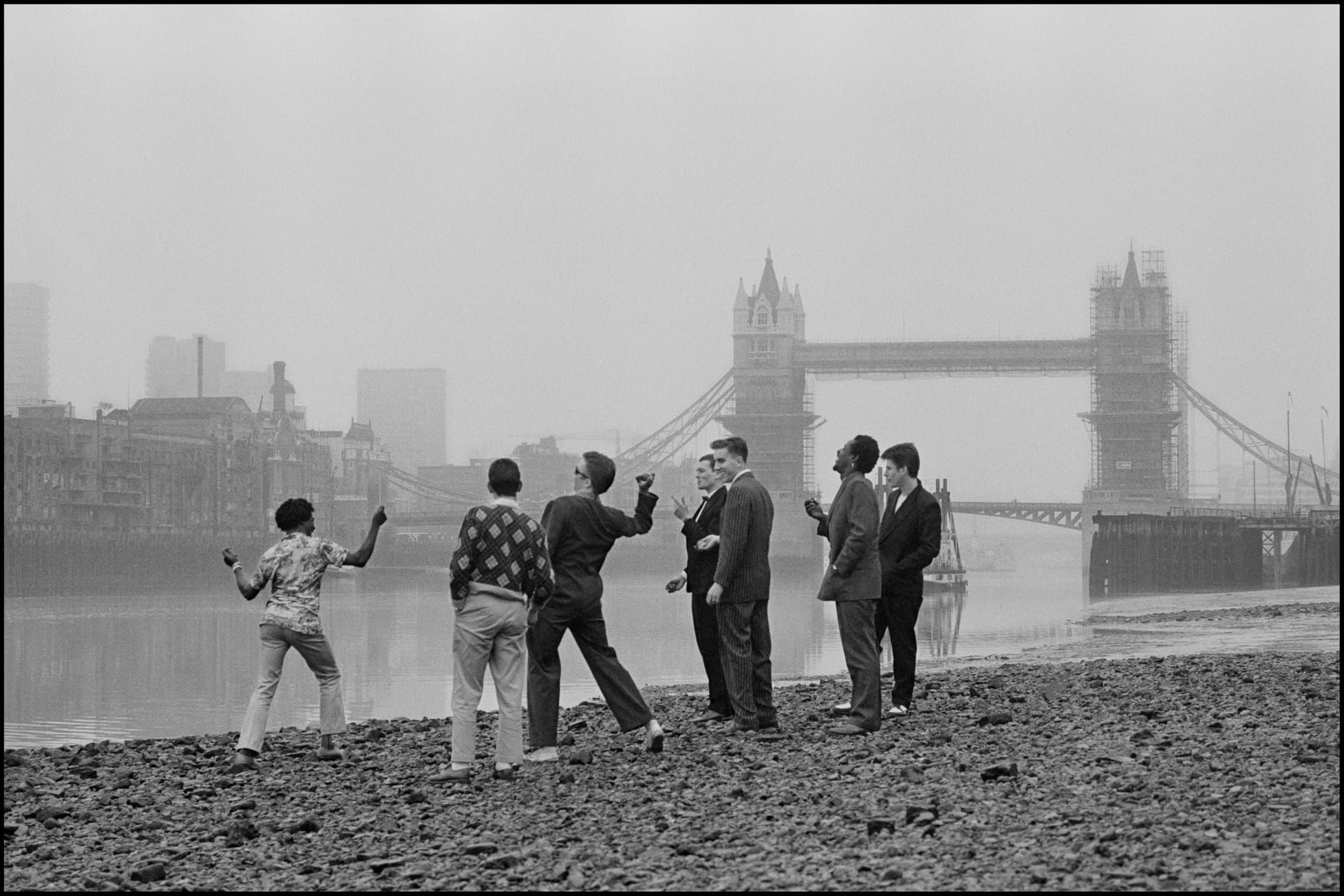Government Putting Youth on the Shelf

Terry Hall, Jerry Dammers, Lynval Golding, Horace Panter, Roddy Radiation, Neville Staple, John Bradbury, Dick Cuthell and Rico Rodriguez.
The Specials.
The Specials for many are one of Britain’s most important bands. A band that broke down barriers both musically and socially. Combining different cultures, genres and seven different personalities. To create something people had never heard before and haven’t heard since.
A band that gave us some of the greatest songs of the late 1970s and early 1980s. From ‘Gangsters’ a slice of brilliant SKA punk, to the snarling attack of ‘Do the Dog’ and the reggae fuelled ‘Nite Klub’. They were a band that combined the angst of punk, with the swing of the 60s. A multi cultural outfit that embraced music from different genres.
They were a band never afraid to comment on social issues and the world they found themselves in, songs like ‘Too Much Too Young’ and ‘Blank Expression’ were comments on young lives and the racism that was rife in the UK at the time. Alongside commenting on the state of the country the band would form a label Two Tone, which gave other British bands, The Selector and Madness in particular a platform to make music. It was more than a band making music it was seven extremely talented individuals starting a moment.
They were only just getting started. The best was yet to come.
In 1981, the UK was going through a time of civil unrest, poverty, and major unemployment. Margaret Thatcher and the Tory Government were in power and this meant that life for the vast majority of people was not great. People were living hand to mouth.
The Specials saw this first hand as they travelled throughout the country on tour, Jerry Dammers (the bands lead singer) said about something he saw in Glasgow “In Glasgow, there were these little old ladies on the streets selling all their household goods, their cups and saucers. It was unbelievable. It was clear that something was very, very wrong."
Just as they had done on previous records, the band began to write about what they could see. ‘Ghost Town’ was born. Written predominantly by Dammers who had been working on the song for over a year. He had seen the state of the country and began to write down what he was seeing. As well as the country being in turmoil, the band too was struggling.
Overworked and surrounded by chaos. National Front members began to come to gigs and cause trouble. This chaos was threatening to engulf the band, and a couple of incidents made them announce they would stop touring. Guitarist Lynval Golding was seriously attacked at a gig in London. Both Hall and Dammers were later arrested at a gig in Cambridge for trying to stop fighting.
This trouble would be noted in the song. “Bands won't play no more- too much fighting on the dance floor.” Those words resonated with the band, after the experiences of those gigs.
Away from the personal experiences, Ghost Town was a culmination of a number of factors. Mass unemployment, racism, the cuts to enjoyment, the sacrifices made by the working class. It was written and recorded at a time of mass tension. A time of mass despair and anger from the working class.
Now the song is seen as a snapshot of Thatcherism and the early 1980s, at the time it was seen as almost a call to arms. When released the band played a benefit gig in Coventry to half an audience due to National Front marchers in the city. The countries biggest band played to a half empty venue.
The song hit the number one spot and stayed their for three weeks. On the day before the song reached Number One, a wave of rioting began in a number of UK cities from Brixton to Birmingham, Portsmouth to Preston. Sparked by new powers by the police to Stop and Search individuals. Many felt there were racial undertones to these searches.
After three weeks at number one, the band played the song on Top of the Pops, a moment that should have been a defining one for the band. Just before they went on stage however, Hall, Staples and Golding announced they were leaving the band. The infighting and constant pressure had gotten too much for them. Ghost Town is The Specials at their best, it was the best selling single of 1981 and perhaps the most important song to ever hit the top spot.
No other song has ever summed up a period of time, or the feelings of the people. Quite like this song did and still does.
I wrote this post originally in August 2021, and on reflection in March 2024. It is still relevant today, the youth feel a disconnect and disenfranchised with the world. A Tory Government is also still in power and many of the things The Specials were writing about in 1981 are happening again, history seems to be repeating itself...
Thank you for reading
For Terry Hall 1959-2022